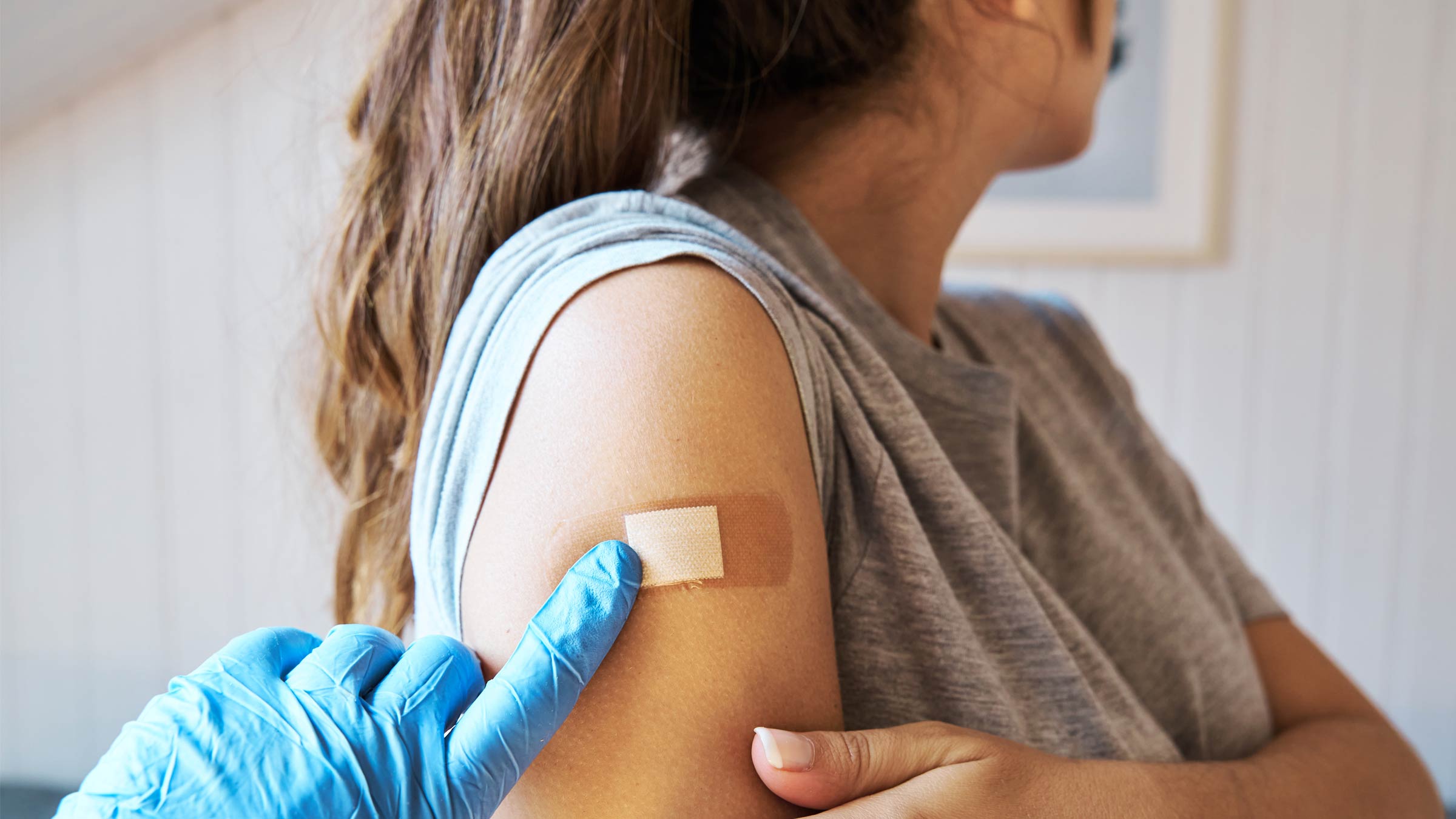
The latest COVID-19 boosters are out now. Bivalent boosters, such as BioNTech Pfizer and Moderna’s new vaccines, protect against both the original virus strain that causes COVID-19 and the Omicron variant of the COVID-19 virus.
Here’s what you should know as you decide between the Moderna and Pfizer versions.
How are the Pfizer and Moderna boosters similar?
The Pfizer and Moderna vaccines have been demonstrated to provide similar efficacy in terms of protection against COVID-19.
Both vaccines are mRNA vaccines, which work by teaching our cells how to make a protein that triggers an immune response in our bodies. This immune response produces antibodies that protect us from viruses that cause COVID-19.
Side effects for both boosters can include arm pain at the injection site, tiredness, headache and fever.
How are the Pfizer and Moderna boosters different?
There are age eligibility specifications that vary for each manufacturer, especially when dealing with pediatric vaccines.
The primary vaccine series schedules for each brand vary. (These are the initial vaccination shots to build up immunity.) There is a four-week waiting period in between primary series doses for Moderna. For Pfizer, the waiting period is three weeks.
There are also logistical factors that vary, such as vaccine storage requirements, expiration dating, and dosage.
If someone previously received all doses of Pfizer, is it better to stick to Pfizer for the current booster, or should they switch to Moderna? And vice versa?
The primary series, also known as non-booster, doses should not be mixed — only booster doses can be mixed.
There doesn’t appear to be any benefit or harm to mixing or matching booster doses, so patients can get whichever vaccine they prefer or is readily available. There are studies being done to assess potential benefits of mixing manufacturers, but at this time there hasn’t been any benefit demonstrated.
What if people previously mixed and matched vaccines for the third dose?
People can continue to mix and match boosters as they please. If they experienced side effects with one vaccine and not the other, they may want to consider continuing with the vaccine that produced no side effects. If they experienced similar, or no side effects with both, then getting whatever is more readily available to them would be recommended.
Will one brand of COVID-19 vaccine booster offer more protection than the other?
Both mRNA vaccines have demonstrated similar levels of protection against COVID-19.
Many people feel like the COVID-19 pandemic is waning. Why should people consider getting another COVID-19 vaccine?
- Boosters, especially the new bivalent boosters that offer enhanced protection against Omicron variants, help bolster protection against COVID-19. Although not as many people are being hospitalized for COVID-19 as they were at the start of the pandemic, there’s still a possibility that it can happen, and vaccines are the best protection we have against it. Even mild cases can make you feel very sick and cause you to miss school, work, trips and other important life events. It’s better to prevent yourself from being sick.
- While there are treatments available, if a COVID-19 case is severe enough, those treatments aren’t guaranteed to prevent severe consequences. We also have yet to see if there are any long-term consequences from COVID-19 — even in mild cases.
- The Centers for Disease Control and Prevention considers the following groups of individuals to be at increased risk for getting very sick from COVID-19:
- Adults 65 years of age of older
- Anyone who has the following medical conditions:
- Cancer
- Chronic kidney disease (CKD)
- Chronic liver disease
- Chronic lung diseases (e.g., asthma, COPD)
- Cystic fibrosis
- Neurological conditions such as dementia
- Diabetes (both type 1 and type 2)
- Heart conditions or history of stroke
- HIV
- Immunocompromised or weakened immune system
- Obesity
- Pregnancy
- Sickle cell
- Smokers
- Transplant recipient
Can people who receive a COVID-19 vaccine get the flu shot at the same time?
Yes, there is no recommended waiting period between getting a COVID-19 vaccine and other vaccines.






